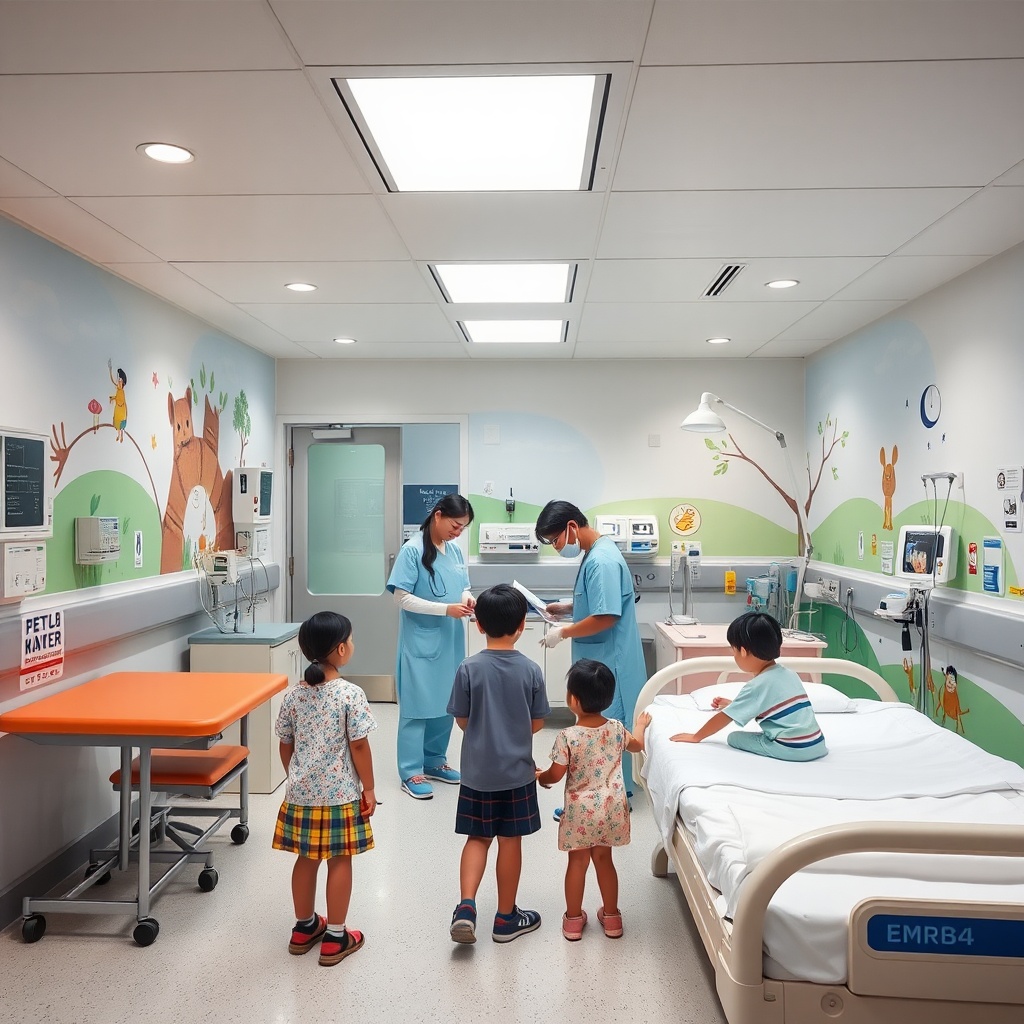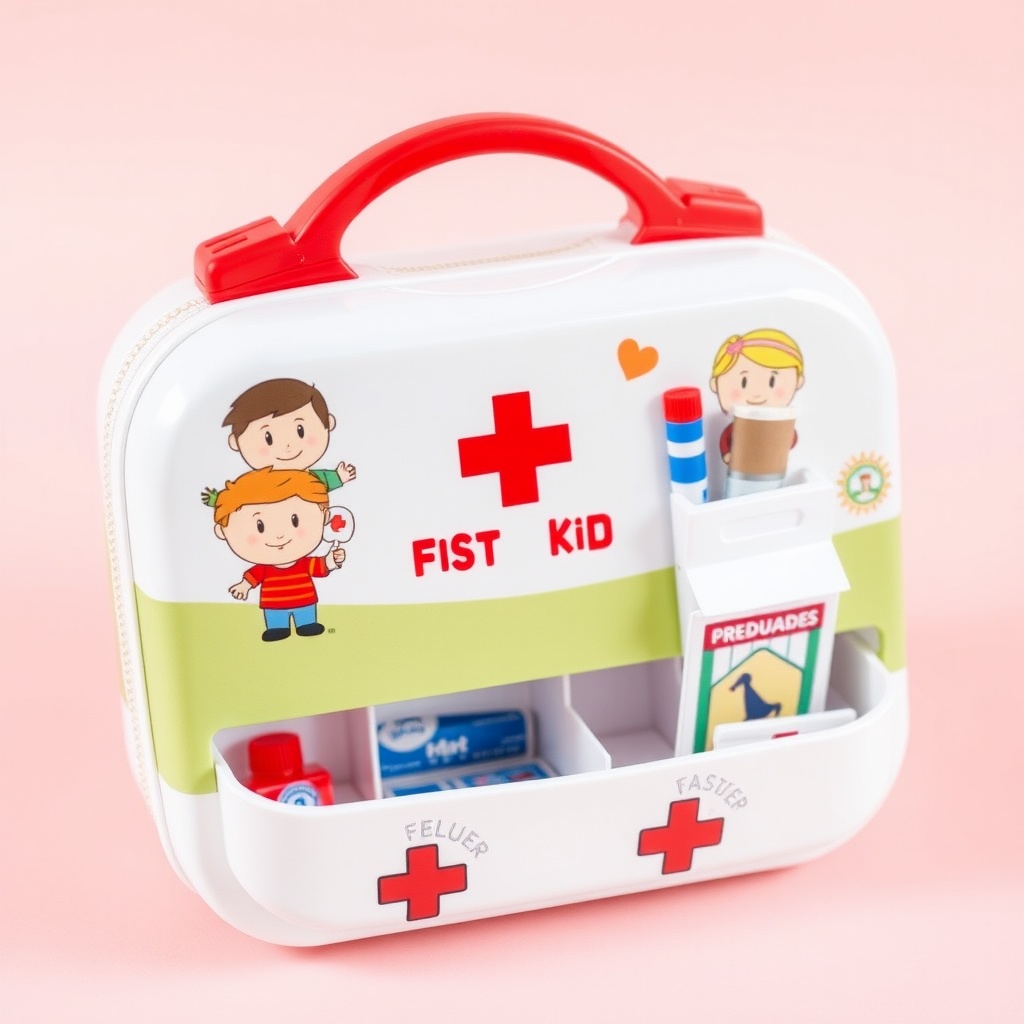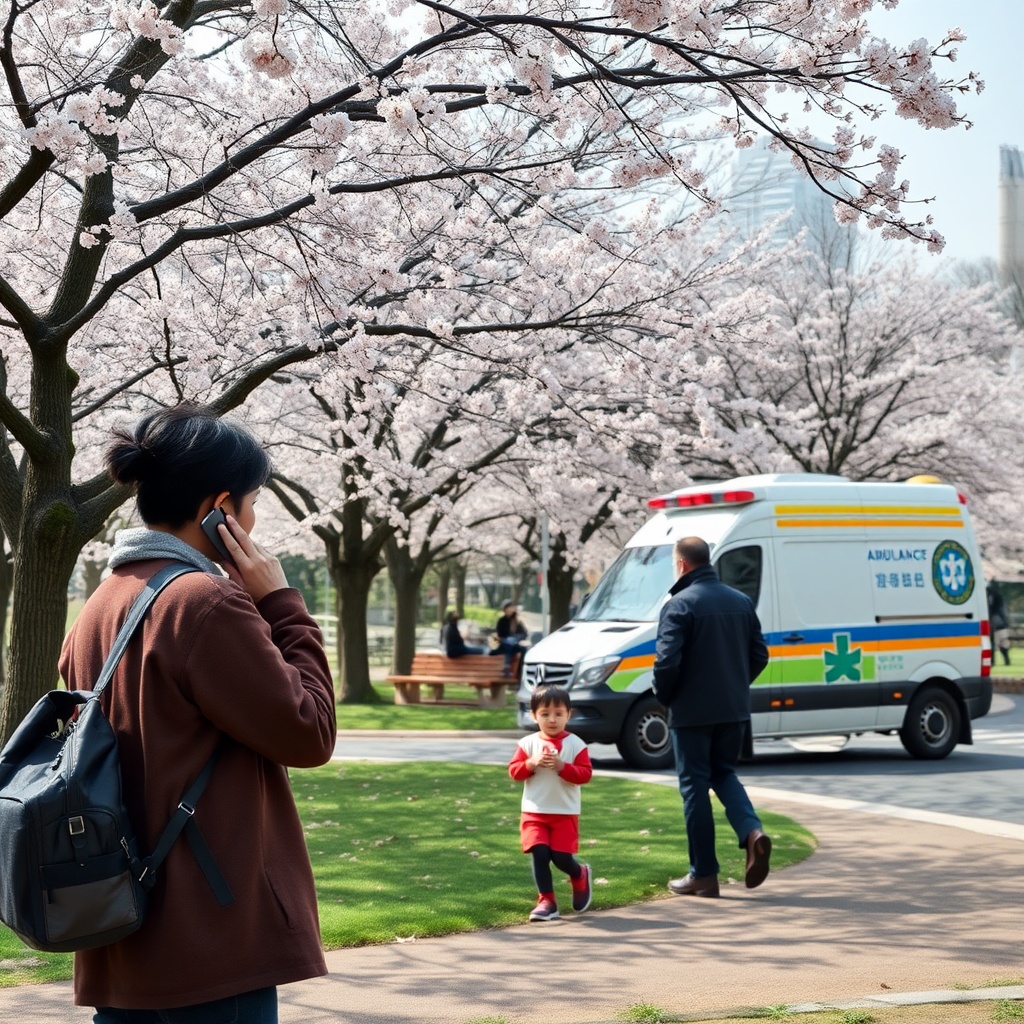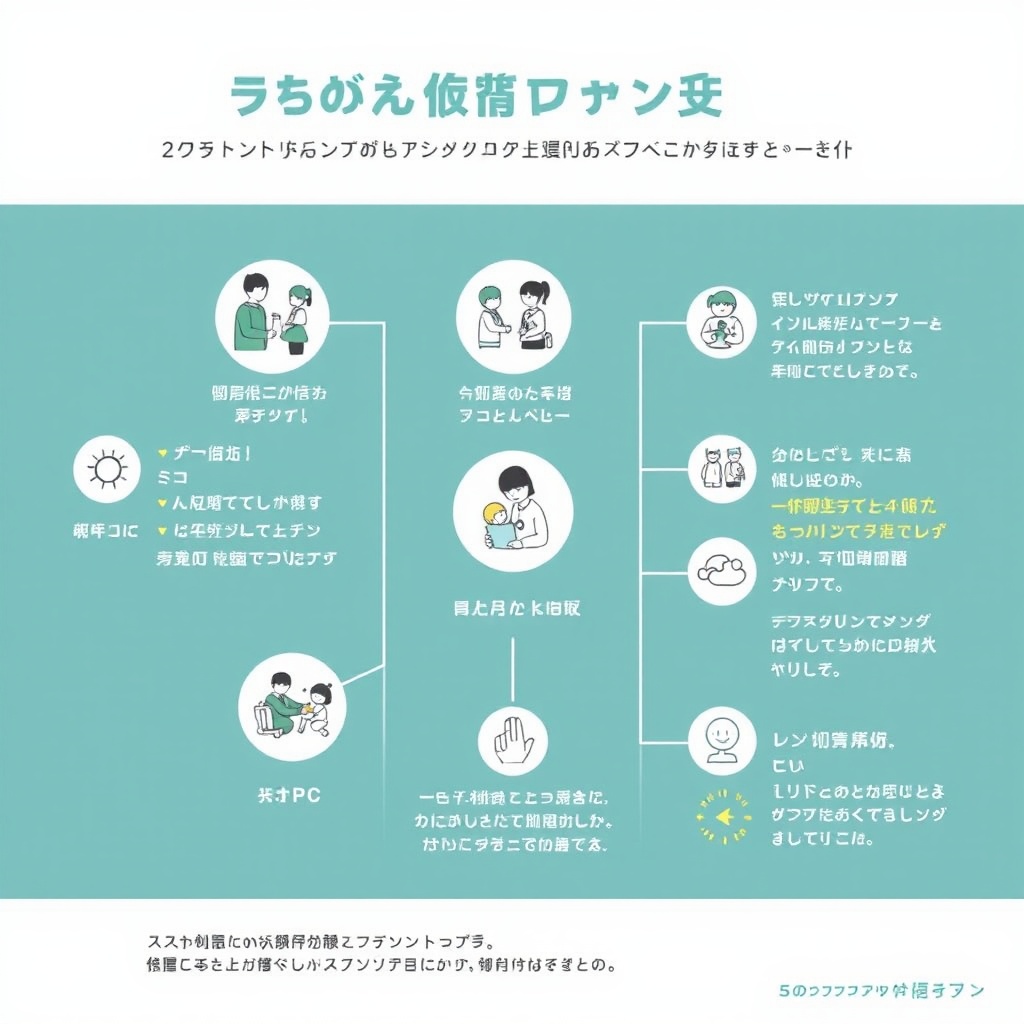Emergency Medical Help for Your Child in Tokyo
Win a Free Trip to Japan!
Experience cherry blossoms and ancient temples
If you find yourself in a situation where your child is sick or injured while in Tokyo, don’t panic! It can be a bit overwhelming, especially if you’re not familiar with the local healthcare system. Let’s break it down step by step so you can get the help you need without any fuss.
Do NOT Drive or Take a Taxi Directly to an Emergency Room!
This is a crucial point to remember. Unlike in many countries where you can just hop in a cab and head to the nearest hospital, the system in Japan is a bit different. By going directly to the ER, you may actually hinder the medical professionals from providing the best care for your child. So, let’s explore what you should do instead!
1. Get Help from Hotel Reception
If you’re staying in a hotel, your first step should be to seek assistance from the reception desk. Why? Well, they are equipped with the protocols for emergencies and can help you navigate the language barrier.
- Experience Matters: Hotel staff are often familiar with the procedures for calling for medical help. They know how to communicate effectively and will ensure that the right information is relayed.
- Know Your Location: They can easily explain your hotel’s location, including nearby landmarks and any access points.
- Stay Calm: Having someone else handle the logistics allows you to focus on your child during a stressful time.
If the staff don’t understand your request, remember that the Japanese word for ambulance is kyuukyuusha (pronounced like Queue-Queue-sha). You can also show them the word in Japanese: 救急車.
2. Calling an Ambulance Yourself
Sometimes, you may need to call an ambulance yourself. In case of a serious emergency, like if your child is not breathing, you must act quickly. Here’s what to do:
- Dial 119: This is the emergency number for ambulances in Japan. It’s easy to remember: just think of 911 but backwards!
- Be Clear and Concise: When you get through, calmly state that you need an ambulance. Keep your sentences simple. For example, say “I need an ambulance” or “My child is very sick.”
- Provide Your Address: Give your address slowly and clearly. For example, instead of diving into details, start with “3-3-8 Sakura, Chuo-Ku” and then mention the building name and room number.
- Landmarks Are Helpful: Mention nearby landmarks to make it easier for paramedics to find you. For instance, “Next to 7-Eleven” or “Across from the baseball field.”
- Meet Them Outside: If you hear sirens approaching, try to go outside to meet them. It can save precious time!
3. Visiting a Hospital When It’s Not an Emergency
If your child needs to see a doctor but it’s not a life-threatening situation, you still need to follow the correct procedure.
- Call Ahead: Most hospitals in Japan do not accept walk-ins. You must call ahead to find out which hospital can help you at that specific time.
- Tokyo Metro Health & Medical Information Centre: Between 9 AM to 8 PM, you can contact them at 03-5285-8181. They can assist you in English and will direct you to the appropriate hospital.
Before heading out, don’t forget to pack:
- Your passport
- Travel documents
- Any medications your child is currently taking
- Cash and cards for expenses
4. Non-Urgent Doctor’s Appointments
If your child’s issue can wait, I highly recommend the Tokyo Medical and Surgical Clinic, conveniently located across from Tokyo Tower. The friendly staff here speak English, and it’s a great place to get non-urgent care.
When making an appointment, don’t hesitate to ask about payment methods and what your travel insurance may cover.
5. Finding a 24-Hour Drugstore in Tokyo
If you need medication outside of regular pharmacy hours, there are a few options:
- Welcia in Nihonbashi: This drugstore is known for its variety of products. While the website is in Japanese, you can easily show the address to a taxi driver.
- Jounan Pharmacy: Located in Azabu-juban/Mita, this pharmacy is open almost 24 hours, making it a reliable option for late-night needs.
Final Tips!
It’s essential to have travel insurance before you embark on your adventure in Japan. While you should always focus on your child’s health during an emergency, having insurance will ease your mind about potential medical costs.
Another handy tool is the Google Translate app. You can use the microphone feature to translate quickly, which can be a lifesaver when discussing medical terms or medications.
In case of earthquakes or other emergencies, make sure you have a family plan in place. And if you need information about bringing ADHD medication into Japan, don’t hesitate to seek it out ahead of time.
Remember, being prepared can make all the difference in ensuring your child gets the care they need swiftly and efficiently!




